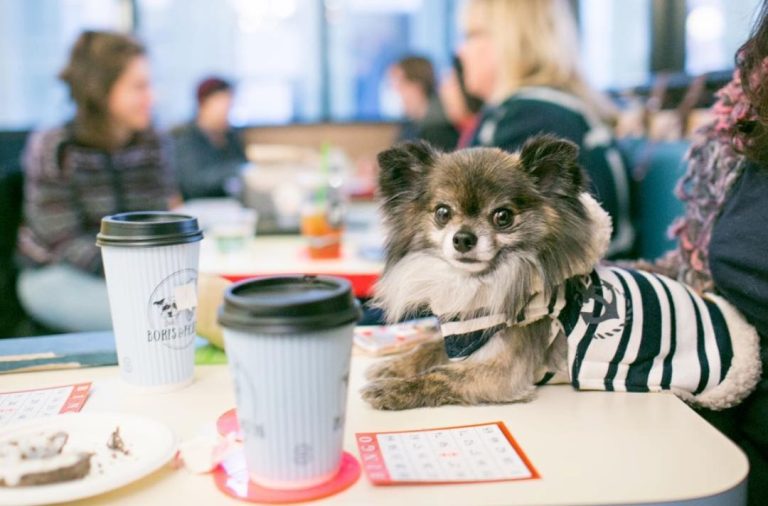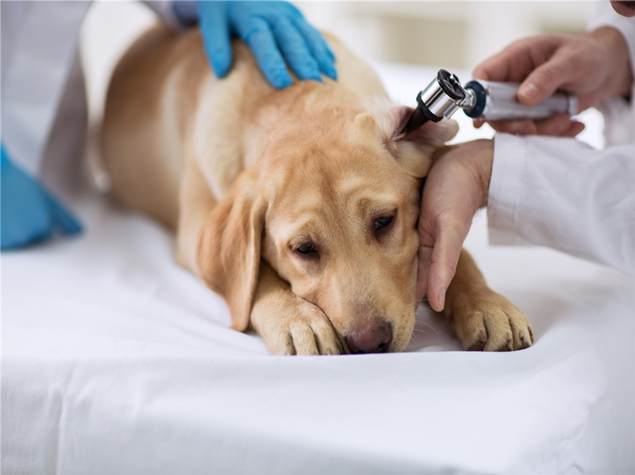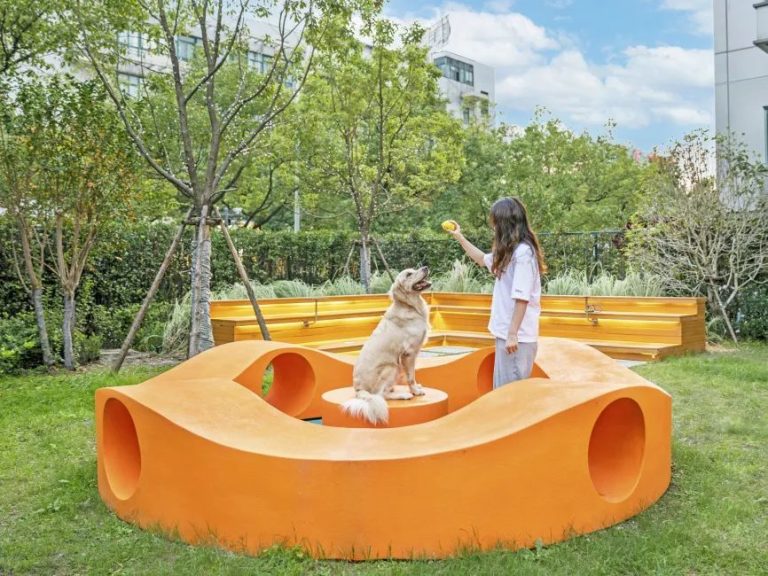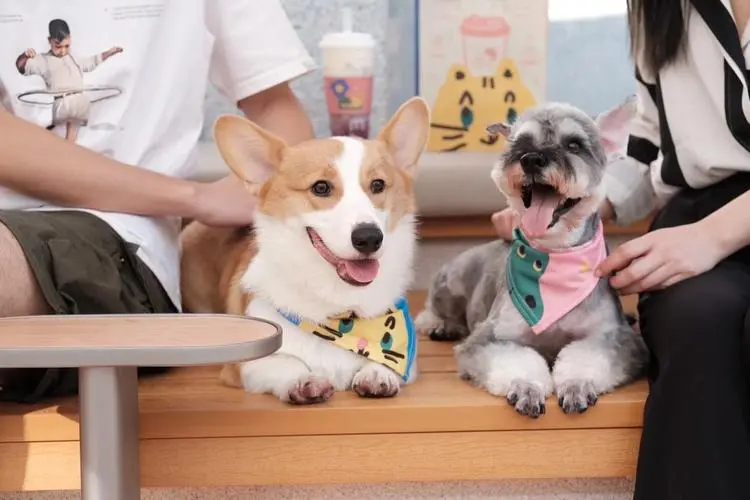The Role of Pet Playdates in Canine Socialization
Socialization is a crucial aspect of a dog’s life, contributing to their well-being, behavior, and overall happiness. While daily walks and interactions with family members are essential, organized pet playdates play a unique and vital role in canine socialization. In this article, we’ll explore the significance of pet playdates for dogs and how they contribute to the development of well-adjusted and sociable pets.

Why Are Pet Playdates Important?
1. Social Skills Development
Pet playdates provide opportunities for dogs to develop and refine their social skills. Interacting with other dogs teaches them how to communicate effectively, read body language, and understand social cues.
2. Physical Exercise
Engaging in play with other dogs allows for physical exercise and mental stimulation. Playdates help burn off excess energy, preventing boredom and destructive behaviors at home.
3. Confidence Building
Positive interactions with other dogs boost a dog’s confidence. This newfound confidence can extend to various life situations, making them more comfortable and less anxious.
4. Exposure to Different Breeds
Pet playdates expose dogs to different breeds and sizes. This exposure broadens their understanding of diversity and helps them become more adaptable to various canine companions.
5. Stress Reduction
Playing and socializing with other dogs can reduce stress and anxiety. It provides an outlet for pent-up energy and promotes relaxation.
Organizing Successful Pet Playdates
When planning pet playdates, consider the following tips to ensure a positive and enjoyable experience for all dogs involved:
1. Choose Compatible Playmates
Select dogs with compatible temperaments and energy levels. This ensures a harmonious playdate without conflicts.
2. Supervision is Key
Always supervise pet playdates to intervene if necessary and ensure the safety of all dogs. Be prepared to step in if play becomes too rough or aggressive.
3. Start Slowly
For dogs new to socialization, begin with one-on-one playdates or small groups to reduce stress and allow for a gradual adjustment.
4. Neutral Territory
If possible, host playdates in neutral territory, such as a local dog park or a friend’s backyard. This helps prevent territorial behaviors.
5. Breaks and Hydration
Provide water and schedule breaks to prevent overexertion. Dogs can become easily overheated during playdates.
6. Positive Reinforcement
Use positive reinforcement to reward good behavior and encourage polite interactions. Treats and praise can reinforce positive socialization.
Conclusion
Pet playdates are more than just an enjoyable outing for dogs; they are a crucial component of canine socialization. They offer opportunities for dogs to learn, grow, and develop important social skills that will benefit them throughout their lives. Whether you organize playdates with friends, visit dog parks, or attend organized pet socialization events, these experiences contribute to the well-being and happiness of your furry companion.
By fostering positive interactions with other dogs, you’re helping your pet become a well-adjusted, confident, and sociable member of the canine community. So, make a playdate, encourage your dog to explore new friendships, and watch as they thrive in a world of canine camaraderie.






